Credit Opportunities
If you're currently an enrolled undergraduate or graduate student, you may be able to use your 4K for Cancer experience as an internship or independent study opportunity.There are two main ways to receive credit with your 4K experience:
Internship – is a period of work experience offered by an organization for a limited period of time. They are typically undertaken by students and graduates looking to gain relevant skills and experience in a particular field.
Independent Study – is sometimes referred to as directed study, and is an educational activity undertaken by an individual with little to no supervision. Typically a student and professor or teacher agree upon a topic for the student to research with guidance from the instructor for an agreed upon amount of credits. Independent studies provide a way for well-motivated students to pursue a topic of interest that does not necessarily fit into a traditional academic curriculum.
Students can typically work with either the office of their specific major or the general campus career center to learn about how to receive internship or independent study credit for their 4K experience. The Dean of your College/Major or one of the faculty will be able to direct you to the proper steps that need to be completed. Reaching out to him/her will be the best way to determine the requirements for an internship or independent study. You an also search online to find your school’s current Academic Catalog and find relevant information there.
Once you have established the requirements, your school may require the Ulman staff to fill out paperwork beforehand that explains the role and responsibilities of a 4K participant and may require a minimum number of hours to correspond to the number of credits that will be received. Schools also may require multiple evaluations to take place over the course of the internship or independent study, which your designated Program Coordinator can complete. Program Coordinators may also need to fill out paperwork regarding the student’s performance and specifically detail the new skills acquired. Other requirements from your school may include journal entries, a reflection paper, or capstone project.
Make a case for how the 4K for Cancer can serve as an internship or independent study opportunity. Have in mind how many credits you need, and how many hours you will be dedicating to your 4K experience including fundraising, training, leadership responsibilities, etc.
Here are a few examples of how different study areas can work:
- Communications – Fundraising requires strategic communication, storytelling, engaging audiences, and making an ask. These are all skills you will build experience with through your fundraising requirements.
- Exercise Science – Training and preparing for the summer forces participants to track and monitor their progress. Run trainers can also use their leadership position of coaching and injury prevention for their team.
- Business – Many of our leadership positions require additional time and effort that align with general business skills including, call and securing hosts, creating and managing a cohesive team environment, and interacting with Ulman staff.
Check out a few examples of what schools ask for when applying for an internship or independent study.
In some situations, your Program Coordinator can serve as your “on-site” supervisor if needed and can also complete and paperwork and a final evaluation.
Continue below to see some potential experience outcomes from the 4K for Cancer.
Skill Outcomes
%
I can more effectively communicate with different types of people and personalities.
%
I can apply what I learned on the 4K to my personal and/or professional life.
%
I am more confident in my conflict management skills.
%
I improved my problem-solving skills.
Hear it from Alumni
Because the 4K was approved by my University as a 3 credit internship, it allowed me to put my full focus on preparing for the 4K. Because this experience was being made into college credit it meant that I had to be serious about reaching my fundraising goals and training for my trip; plus I was able to use my 4K essay as my internship essay!
By making the 4K college credit, it gave my school the opportunity to be more involved with my 4K experience. The best part of it was that when I came back from my 4K experience, I had a giant room full of teachers and students attend my 4K presentation because they were curious about my experience because of all the fundraising and involvement I got to do at my school.
